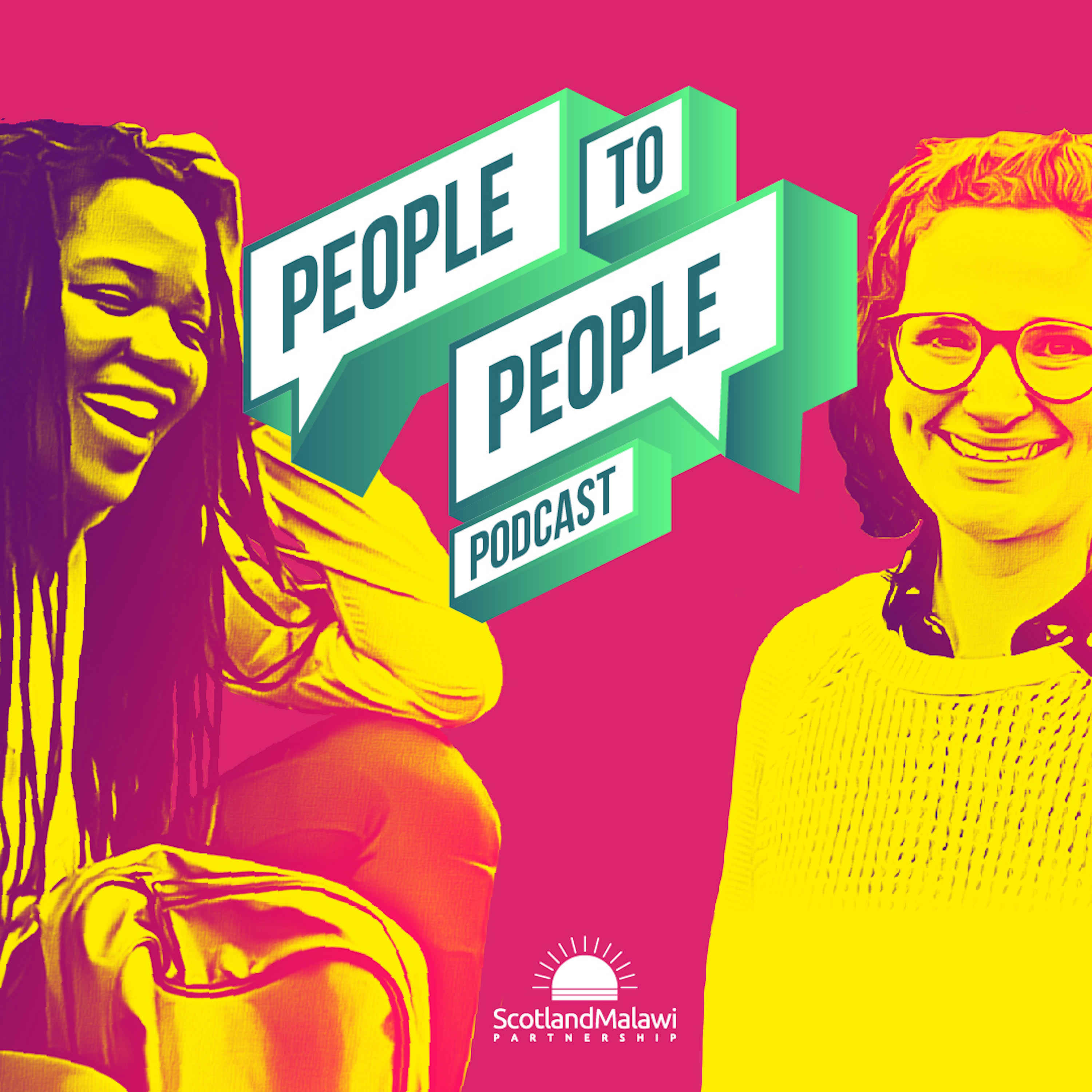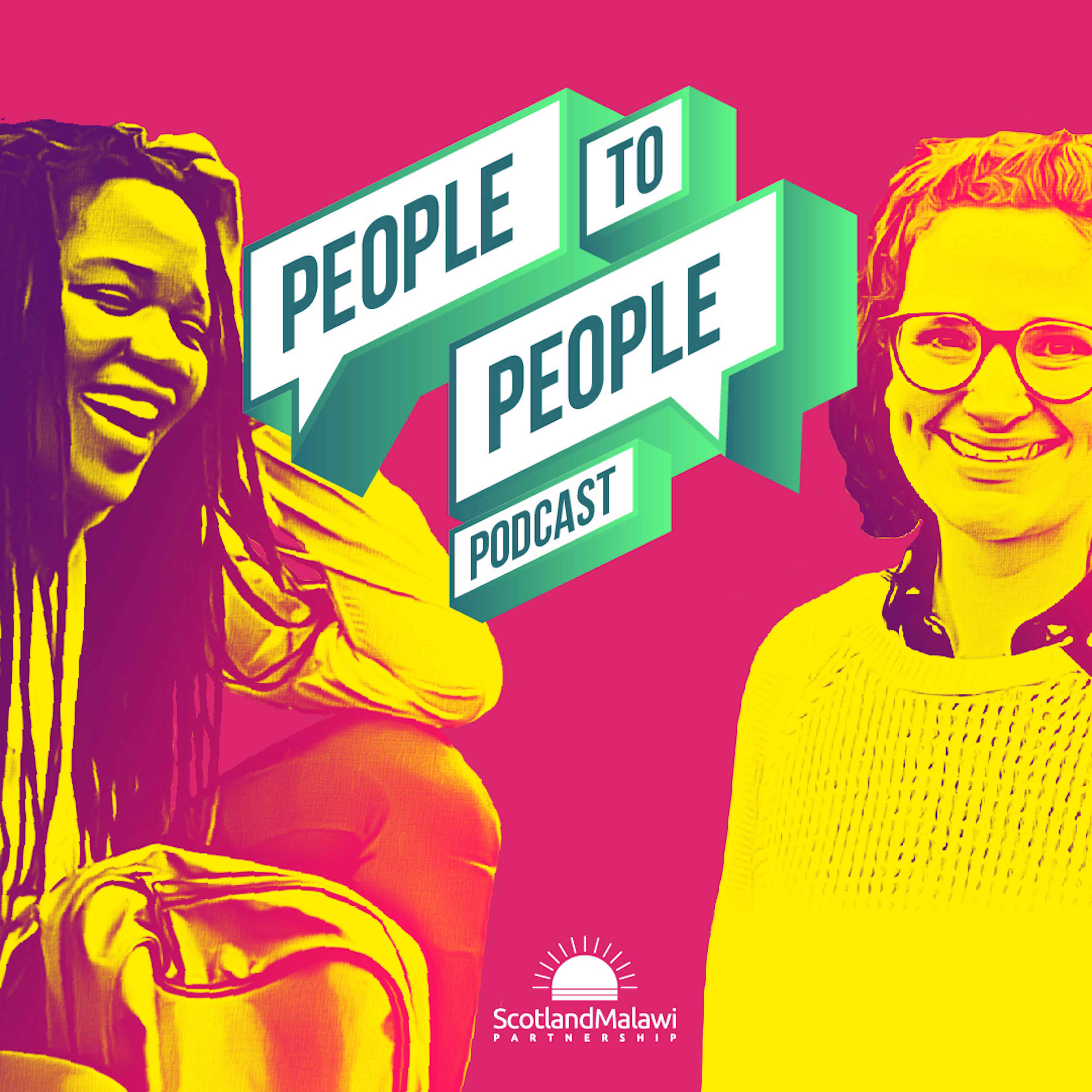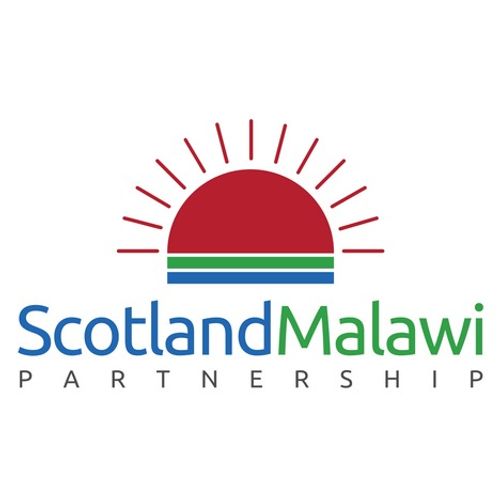Yonah and Amy Part 1
The first half of a conversation about decolonisation with Dr Yonah Matembe and Amy Blake from the Challenges group (formerly Chief Executive of Classrooms for Malawi.) They discuss Neocolonialism, Afro Colonialism and decolonising ones own self first. An introduction to a huge topic that we hope to explore further in the series.
This episode includes the song Tamba Wenga by the Bhundu boys on the album Muchiyedza (Out of the Dark)
https://soundcloud.com/bhunduboys/sets/muchiyedza-out-of-the-dark
https://thechallengesgroup.com/
https://classroomsformalawi.co.uk/
Here's a starting list of decolonisation resources and articles list (please let us know what to add)
Reading University Decolonise the Curriculum Resource
Decolonising the University of Bristol blog
MMU decolonising the curriculum toolkit
Books:
My Grandmother'd Hands: Racialized Trauma and the Pathway to Mending Our Hearts and Bodies by Resmaa Menakem (2021)
Living While Black by Candice Carty Williams (2021)
Natives: Race and Class in the Ruins of Empire. London: Two Roads. By Akala (2018)
Me and White Supremacy. London: Quercus by Saad, L.F. (2020).
‘Why I Am No Longer Talking to White People About Race’ by Reni Eddo- (2017)
Films/TV:
A United Kingdom
The Color of Fear by Lee Mun Wah,
‘Black and British: A Forgotten History’ David Olusaoga (iPlayer)
Provokative photography collage Art:
Transcript
Yonah and Amy Part 1 v3
Chimzy
[:Hazel
I'm Hazel. And on this podcast we host conversations about partnership between Malawi and Scotland.
Chimzy
So we've had a message from our first episode and we're super excited. I think we should, uh, read it out.
Chimzy
Yeah, go on. I think you should read it out.
[:Hazel
Okay, Susan Kambula says, I really enjoyed listening to the latest episode of People's People Podcast. Please pass on my congrats to Chimzy and Hazel. I love the last series, and I was excited to see their back again. Aw, Susan, you've made our day. Thank you.
Chimzy
Thank you so much. Smiling.
Hazel
Yeah, now you know that you're listening in.
[:Chimzy
This conversation is all about decolonization, and I was hooked because it's a really important listen.
Hazel
Yes. It was so good that we wanted to publish this conversation in two parts. So here's the first half. We're gonna give you a gap to digest the information, and then we're gonna publish the second half of the conversation soon.
[:Chimzy
We [:Amy
year, I've been an associate [:[00:01:21] The Challenges Group kind of offer a range of business development services to help enterprises grow, and that's in the UK, Malawi, Uganda, Ghana, and across a range of different countries. So my project that I'm working on there is to link up enterprises with either business support, academic support, peer support, mentoring, shared learning, so that we can help to plug any gaps or any requirements that an enterprise needs or, or has that can enable it to grow.
[:Yonah
[:[00:02:23] I am involved as I am the current chair of the Scotland Malawi Partnership's further and higher education forum. In the last probably year or so, I've been working so much on decolonisation. Yeah, so I'm excited to talk about decolonisation, at [00:02:40] least in the way, which I see.
Hazel
I'd love to dive straight in there with that Yonah, if that's okay.
[:Amy
at classrooms for Malawi. So [:[00:03:12] Bringing that across into Challenges in terms of the partnerships that we develop and how we look at decolonisation throughout that and [00:03:20] ensure that they are equitable partnerships. So my ideas are coming from a critical reading of the debate and. The decolonisation debate has certain assumptions but some realities are difficult to kind of deal with.
Yonah
[:[00:04:09] It's almost like an imposition. So either it could be language, Or it could be other forms of culture, it could be other way of doing politics. [00:04:20] Obviously, colonisation, as you know, is coming from wanting to fight against colonisation itself, both colonisation as an idea, but also as a reality. So for people who have gone through the painful process of colonisation, the pain of it.
[:[00:05:06] There's almost like a fear of decolonisation. I recently gave a keynote address on this very issue in Manchester at a major conference, but I was deliberate in this case because I asked a question, which is unusual for [00:05:20] Keynote. I say to my audience, I wanted to hear what your views are about decolonisation.
[:[00:05:43] I know that you have heard about decolonisation. I know that you have read about decolonisation. I know that you have engaged with somewhat. Tell me what you think and what you're doing or what you're not doing. After some silences and people started to talk, And what they were saying [00:06:00] was, and this way gives me this different understandings of how other societies view this.
[:[00:06:27] I don't, didn't sign up to this sort of thing. And every time the issue decriminalisation comes up, I don't know how to handle it. Cause I don't want to say the wrong thing, but at the same time I'm doing nothing. [00:06:40] Then I said, oh, I see. That's interesting that you're sharing this with me. Cause us who come from the global south, we are looking up to, to critique and rightly so, the, the, the global North.
[:[00:07:14] African as you can tell, love it so much. But also at the same time, have been [00:07:20] educated, lived in the west. And I kind of understand that well too, to a large extent. So I kind of understand both and I think gives me a new perspective to see where kind of the issue the tensions really are. Because if I never came to the west, I never studied in the west, my understanding of could have been [00:07:40] different.
[:[00:08:03] Can I just go back to the issue about Malawi and the work in Malawi, because one of the things. Outside education is a whole thing of Scotland Malawi partnership, Classrooms in Malawi and so and so, and the good work that Scotts are doing in Malawi. Fantastic work. I mean, no partnership as far as I'm aware [00:08:20] has has this sort of fantastic people to people connections and you understand my experience.
[:[00:08:46] The reality is almost a one-sided thing almost. It's almost tilts it one-sided. So we have, we have, the good intentions and sometimes money and so and so that come from Scotland, [00:09:00] through Scottish government funding in many cases, and other organisations and people who love Malawi here in Scotland and mean, and then they go to Malawi and do this fantastic work, but then Malawi and see them as simply people who are coming to give them these things.
[:[00:09:35] So here's my critique of both, both Malawi and Scotland on this. [00:09:40] Something is lacking. How can it be that people are seeing this very differently? The Scotts are seeing it differently and say, we're going to Malawi. It's a partnership. We want to partner with our friends in Malawi, but we're also because of the economic strength of Scotland and, and the support it, it brings.
[:[00:10:11] What can they bring on the table? So I go back to the point of hegomonic, um, epistemologist or hegemonic influences and dominance. [00:10:20] Isn't there a danger, therefore, that if this imbalance is left the way it is, then there could be perpetuation of the very things we want to fight against when it comes to the problem of now, not colonisation, but neuro colonisation.
[:Amy
tions sometimes have is that [:[00:11:04] How to start even ha going there and to then, because it, it's very uncomfortable and it causes a lot of reflection for organisations themselves in how they've been established, founded, how they're governed, how decisions are [00:11:20] taken. And so once an organization has this or shines this lens on itself, then you have to go down the process.
[:[00:11:55] So it's very, it's a huge [00:12:00] topic, but you're right, because unless it's talked about, and unless there are systems or the ways of working change, then do we cover that? You know, what do we do? Do we just pretend it didn't happen? Pretend we haven't started the conversation? So I completely hear what you're saying.
[:Yonah
[:[00:13:07] And so I think that would be, Because I know, I know exactly what you mean. Because we are having the conversation. People are affronted in a way to say, I don't, I haven't colonised anybody. What we have to do is peel that back [00:13:20] to then explain where the, what the root is of this and where this is coming from, and allow people to feel comfortable in that vulnerable place.
[:[00:13:40] Because it fails to acknowledge something, historical structures of injustice and dominance. That still exist. So there's a, there's a history of this and so while you, you, yourself of course as an individual, you went part of it. Cause you only born 1980. How would you have gone to 1890 to [00:14:00] understand this?
[:[00:14:21] How dare you suggest that I've got privilege? So I think when we talk about decolonisation, we are fighting against systems and structures that have existed put in place historically and continues unfortunately, in the present. So even when we talk about the post-colonial environment, [00:14:40] I tend to see it not as a post-colonial environment.
[:[00:15:04] Of coloniality, of colonialism still exists, dominance still exists. You try to explain to my western friend to say, no, no, no. I don't mean you, by the way you and I are cool. We are good. I don't mean you. I mean the structures that created us, [00:15:20] the structures that brought us where we are, the structures that we are talking about here.
Hazel
[:[00:15:51] So within the wider framework of decolonisation as an idea, there are other ideas that come out of it. There are many. [00:16:00] And I'll explain a few. One, there's what's called Afro coloniality. Would you believe it? So Afro coloniality, the coloniality that remains of Africans perpetrating on other Africans. And this problem is there.
[:[00:16:43] So historically, this has happened and the, the ill effects of it continue to this day in some ways. So this, that's one element. The other element is that now we are living in what we call the post-colonial environment on which I've described earlier on. I tend to see [00:17:00] it as a neo-colonial environment cause the new colonialism has sprung up and this new colonialism includes an Afro coloniality.
[:[00:17:41] Yeah. The influence of have been so endemic. In the African or in the colonised that he or she begins to believe in his own suffering as the norm and is unable to challenge what ought to be challenged. [00:18:00] So anti-colonialism, in my view, does two things. One, it challenges the former, the formerly colonised.
[:[00:18:32] We need all these things to be done to make sure that the word fairer social justice. [00:18:40] Right. But at the same time, it doesn't leave the formally colonised ones alone. It looks at them and say, but what have you done yourselves?
Amy
terms of, so asking the, the [:[00:19:03] Encourage the partnership approach in more depth. But then so in so trying to get the partners in Malawi to be more pro, well be proactive in terms of what actually is the need of the community, what are the requirements of the community? Have the [00:19:20] voices being heard in the community and for them to all come forward with, you know, what is actually really needed on the ground.
[:[00:19:59] And [00:20:00] this is really, really challenging to try to understand is how we start to break that down. But I completely hear what you're saying there and the organisation and the individuals themselves have to really check and question, you know, is that, is that information coming from. A [00:20:20] structure or something that's been established in the past or actually is that the real fact?
Hazel
[:Chimzy
e a journey. So we asked our [:[00:20:45]
Hazel
we will add in. And if we've [:Chimzy
[:Hazel
n attend in person or online.[:[00:21:20] So one thing that it always comes back to is this people to people relationship. You know, the meaningful dialogues between equals, which is not just helpful, but also healing.
Hazel
And I'm really glad that we called the podcast people to people. Not one of the other names that I suggested, which like a good at the time, but we won't mention now.
Chimzy
[:Hazel
Yeah. Don't say it. No.
Chimzy
Okay. We'll leave it there.
ple to people pod gmail.com. [:Hazel
[:Chimzy
um, Muchiyedza . And we will [:Hazel
[:Yonah
ith them. The answer to that [:Hazel
And we hear more about Amy's experience of change.
Yonah
[:Chimzy
This podcast was independently produced by me, Chimzy Dory.
Hazel
[:


